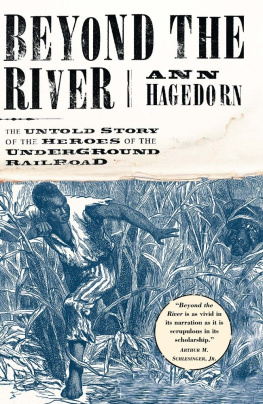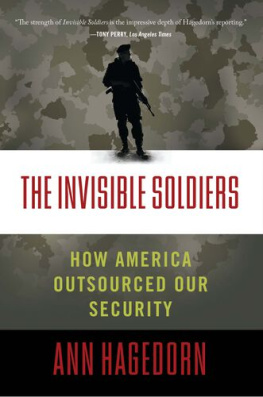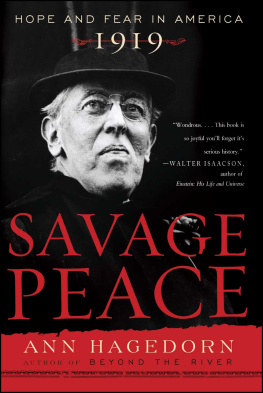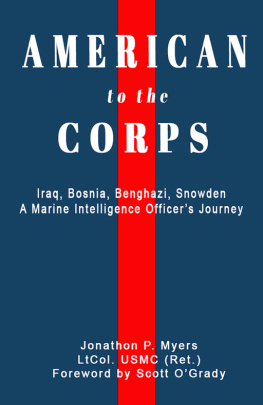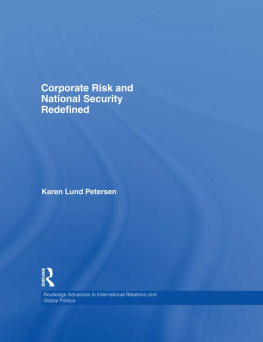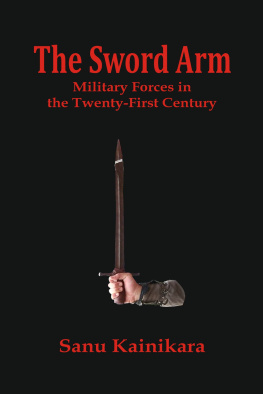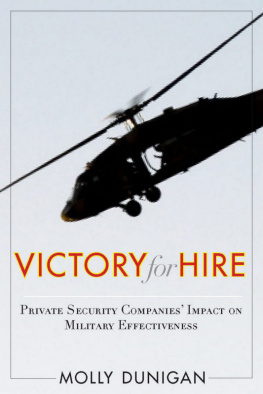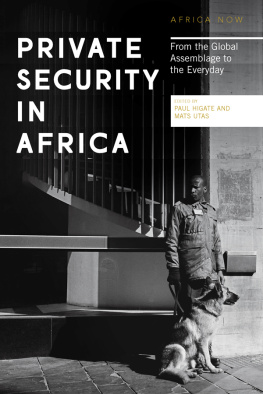More from the Author |
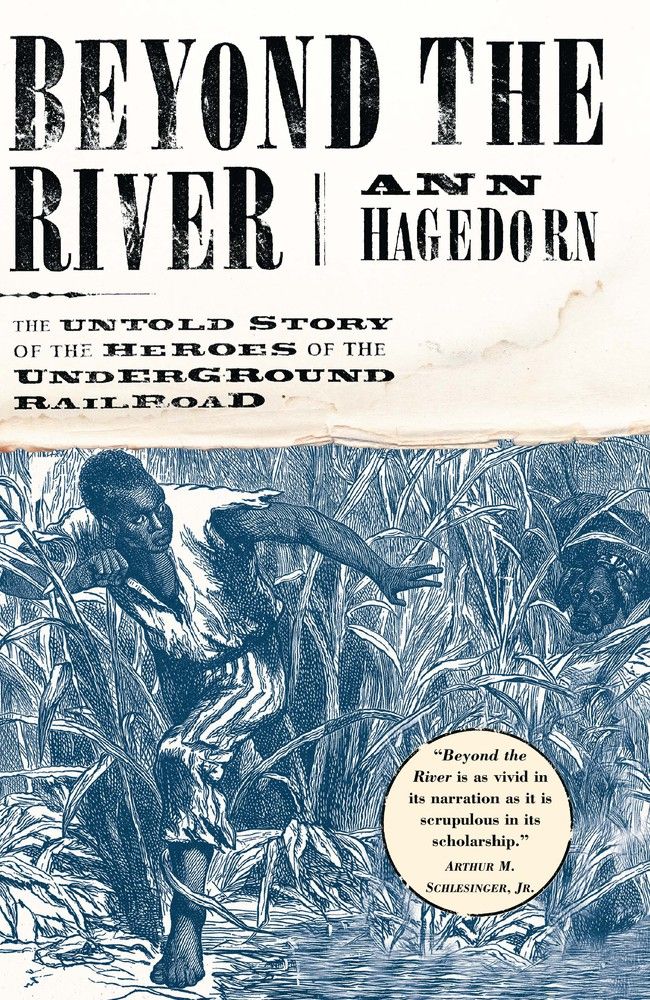 | 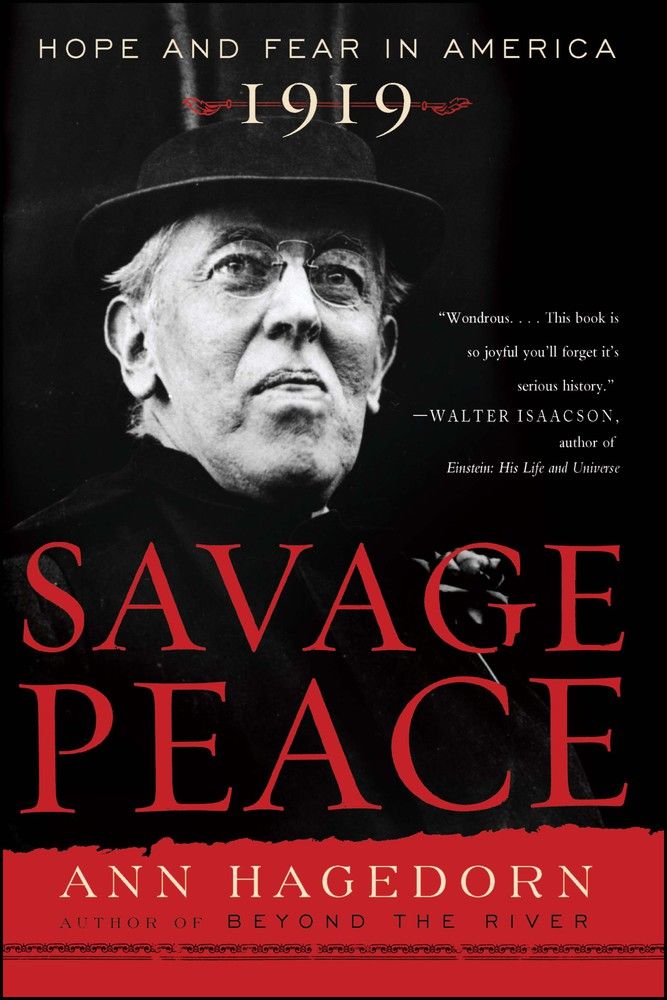 |
Beyond the River | Savage Peace |
We hope you enjoyed reading this Simon & Schuster ebook.
Get a FREE ebook when you join our mailing list. Plus, get updates on new releases, deals, recommended reads, and more from Simon & Schuster. Click below to sign up and see terms and conditions.
CLICK HERE TO SIGN UP
Already a subscriber? Provide your email again so we can register this ebook and send you more of what you like to read. You will continue to receive exclusive offers in your inbox.
Thank you for downloading this Simon & Schuster ebook.
Get a FREE ebook when you join our mailing list. Plus, get updates on new releases, deals, recommended reads, and more from Simon & Schuster. Click below to sign up and see terms and conditions.
CLICK HERE TO SIGN UP
Already a subscriber? Provide your email again so we can register this ebook and send you more of what you like to read. You will continue to receive exclusive offers in your inbox.
ACKNOWLEDGMENTS
Writing a book demands long hours of working alone. As John Steinbeck once wrote, Unless a writer is capable of solitude he should leave books alone and go into the theatre. Indeed, it is largely a solo performance, but there is always a support cast. I am well aware of that now because during the years of researching and writing The Invisible Soldiers I experienced a few personal losses, making the acknowledgment of such support all the more important.
I must first thank my editor, Bob Bender, and my agent, Alice Martell. I am honored to work with them both. The Invisible Soldiers is my third book with Bob Bender, whose talents I immensely respect. He is brilliant yet humble, tough yet kind. Excellence and perfection are his goals. And he cares deeply about his authors as they work to meet his high standards. Alice Martell, who is one of the most disciplined and determined humans Ive ever seen in action, redefines the term agent and exudes endless support for those in whom she strongly believes. Thanks also to Johanna Li, at Simon & Schuster, and Stephanie Finman, at the Martell Agency. A special thanks to Jonathan Karp, President of the Simon & Schuster imprint, who truly understands what it means to be a writer and who came up with the title for this book.
I must also express my appreciation for two writers who have deeply motivated me during the years of creating this book: public intellectual and theologian Reinhold Niebuhr and historian and author Andrew Bacevich. Humility requires us to see ourselves without blinders, and Niebuhr demands that of us as citizens of a democratic nation. Bacevich shows us why we must listen to Niebuhr, whom he calls the most clear-eyed of American prophets. I appreciate them both for their efforts to understand our nation and to inspire their readers to want to make a difference in its future.
On a more day-to-day basis, I was fortunate to be the recipient of steadfast support from my longtime friend June Zipperian, who is an excellent reader, a supreme cook, and quite brilliant. My persistent and consistent booster of spirits was Tom Scott, whose curiosity about all aspects of the privatization of defense and security on a global level was inspiring and whose support during tough times was remarkable. I also am indebted to Ann and Jim Veith for their enthusiasm and hospitality, and Alison Gibson, the research librarian whom Ive described before in acknowledgments as a national treasure. I am pleased also to thank Bob Kraft, a longtime newspaper executive, for his astute observations and his first-rate fact-checking; what a gift to be able to discuss the topic with such a fine mind. I am honored to thank Norm Pearlstine for his interest in my work and his expressions of respect at some crucial times during the writing of this book. And thank you, Nick and Nina Clooney, for the wondrous conversations and dinners that spurred me on.
My research assistants for this book were exemplary. Bridget Vis, an Internet whiz kid and a reporter par excellence, worked for me during the last two years of research, unearthing details online that assisted with my work in the field, helping to unravel a few conundrums, and keeping track of issues in this moving-target topic while I engaged in the writing. Thanks to Lisa Haitz and Elizabeth Cutting for work in the early research stages and to Wendy Beckman, a well-practiced digger, who made some discoveries that were helpful. I am grateful to Michael Yip who is so fluent in the language of story structure. Also thanks to Lee Edwards for formatting the source notes. And a very big thanks to my sister, Sarah Byers, who contributed to early research for the book and who shared the responsibilities of overseeing the care of our mother.
I am grateful to all sources, of course, and extend special thanks to those who were willing to express their thoughts with attribution. I must pay tribute here to Tom Ryan, a West Point graduate, former U.S. Army officer, and former private military contractor, who was a playwright when he died unexpectedly in 2012. I am grateful to the authors who went before me and so skillfully examined various aspects of the privatization of defense and security and whose names appear throughout the text and source notes. Thanks also to the very impressive Hall Center for the Humanities at the University of Kansas and to Victor Bailey, Dolph Simons, and Bill Tuttle for making possible my humanities fellowship during the spring of 2009. Also I thank the following: U.S. Commission on Wartime Contracting, the War on Want, the UN Working Group on Mercenaries, Human Rights First, the National Institute of Military Justice, Global Policy Forum, the U.S. Army Command and General Staff College, the International Peace Institute, Project on Government Oversight, ProPublica, Amnesty International, International Committee of the Red Cross, the Swiss Federal Department of Foreign Affairs, the Geneva Centre for the Democratic Control of Armed Forces, Corporate Watch, the New York Public Library, the Center for Public Integrity, the Mercantile Library, U.S. Congressional Research Service, the Tabard Inn, the Eldridge Hotel, and the staff at the Excelsior Hotel.
In addition, I am grateful to the following individuals: Ann Baker, Timothy Bannon, Amanda Bennett, Anne Camm, Richard and Dianna Campbell, Jayni and Frank Carey, Scarlett Chen, Jenny Clark, Clare Coss, Pamela Fine, Henry Fortunato, Steve Gerdsen, Patti Gordy, David Gray, Tom Griffin, Bayliss Harsh, Aaron Hawthorne, Jan and Charles Ison, Crosby Kemper III, Dr. Farhang Khosh, Annie Kiefaber, Major Odie Kokensparger, Cem and Anne Kozlu, David Lattin, Kathy and Herb Layford, Max Leone, Molly Levitt, Judith G. Levy, Gary McAvay, General Richard Mills, Patti Newberry, Bill Nichols, Patti and Buck Niehoff, Sandy Padwe, Katherine Pedigo, Dan Pinger, Dorothy Prevost, Mary Roach, Patience and Bevis Schock, Bruce Stanley, Hylda and Jerry Strange, Bob and Hope Taft, Julie Thomas, Jim Tobin, Gregory Todd, Margaret Wilson, Ted Wilson, Tom and Mary Daes Wortley, Suzie Wright, and Jeanie Wulfkuhle.
Lastly, my deepest expression of gratitude goes to my mother, who insisted that I keep moving forward on the research and writing of this book despite her position on the exit ramp, as she called her last months of life. Nothing can stop my exit and that must not stop your work, she said. Thank you, Elizabeth.

